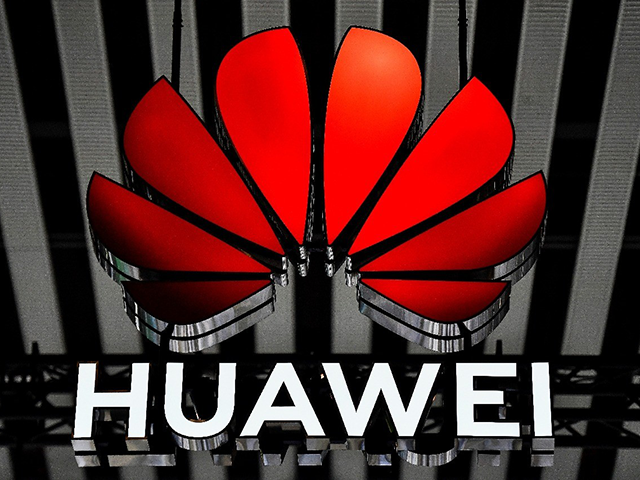Ren Zhengfei, the influential founder of Chinese telecom giant Huawei, warned of a “very painful” decade to come in an internal company memo leaked to the media this week, becoming a viral sensation on China’s heavily policed Internet.
Ren, a Chinese Communist Party stalwart who is usually reluctant to challenge Party narratives, struck a very different tone from Chinese officials and propagandists who claim the current economic slump is temporary and a strong recovery lies just over the horizon.
Ren’s dour memo to Huawei employees warned, “the next decade will be a very painful historical period, as the global economy continues to decline.”
“Huawei must reduce any overly optimistic expectations for the future and until 2023 or even 2025, we must make survival the most important guideline, and not only survive but survive with quality,” he wrote.
“In the past, we embraced the ideal of globalization and aspired to serve all mankind, so what is our ideal now? Survive and earn a little money where we can. From this point of view, we need to adjust the market structure and study what can be done and what should be abandoned,” he recommended.
Ren said his goal was to “send a chill to everyone” and shatter their illusions.
“No more stories, we have to talk about the realities. We have to survive first, and we’ll have a future if we can survive,” he said.
The South China Morning Post (SCMP) noted that Huawei is in “crisis management mode” after a 5.9 percent decline in revenue, and a 9.8 percent loss of profit margins, for the first half of 2022.
“Revenue from the device business group, which includes smartphone sales, fell 25.4 per cent to 101.3 billion yuan from 135.7 billion yuan in the same period last year, as it continued to lose market share, both in China and overseas,” the SCMP added.
Huawei’s smartphone division, which once managed to snatch the global sales crown from leaders Apple and Samsung, is now shrinking by 30 to 50 percent in lost revenue per year. Huawei phones are obliged to use a custom operating system called HarmonyOS because U.S. sanctions blocked Huawei from using the Android OS in 2019. HarmonyOS, now in its third version, has struggled to find acceptance even in the Chinese phone market.
Someone leaked Ren’s memo to a Shanghai-based financial media group called Yicai on Tuesday, and from there it exploded across Chinese social media, becoming a trending topic on the Twitter-like microblogging platform Weibo, where it quickly racked up over 100 million shares and comments.
Some of the commenters blamed U.S. sanctions for wrecking Huawei’s business plans, while others criticized Ren and his colleagues in Huawei management for running the company into the ground. Some respondents resented Ren for telling his employees to brace for a big chill – quite possibly an allusion to layoffs, lost hours, or pay cuts to come – when Huawei did little to share its prosperity with workers during its boom years.
The most common response seemed to be apprehension that Ren is a knowledgeable and connected man of stature in both Chinese business and Communist Party politics, so his warnings about a painful future should be taken as a serious wake-up call.
“When someone like Ren admits how much trouble a national champion like Huawei can be facing as a result of US sanctions, it does indicate the wider Chinese economy is also vulnerable,” SOAS China Institute professor Steve Tsang told the UK Guardian on Thursday.
“But that is, as the saying goes, above his pay grade and is a matter for Xi Jinping to decide on how to tackle. The questions are whether Xi will have the pragmatism and vision of Ren to come up with something that may be as effective as what Ren is putting forth for Huawei,” Tsang continued.
Ren might be wise to take that observation as a warning because dictator Xi Jinping has a penchant for punishing even the most successful Chinese businessmen who forget their place and dare to challenge Communist Party dogma. Xi’s skin is probably especially thin with a major Party Congress only months away.
One Chinese social media commenter quoted by the Guardian observed that when billionaires risk the wrath of the Communist Party by speaking out, their warnings tend to be prescient. He cited the example of property tycoon Wang Shi, who predicted the crisis in Chinese real estate years in advance.
